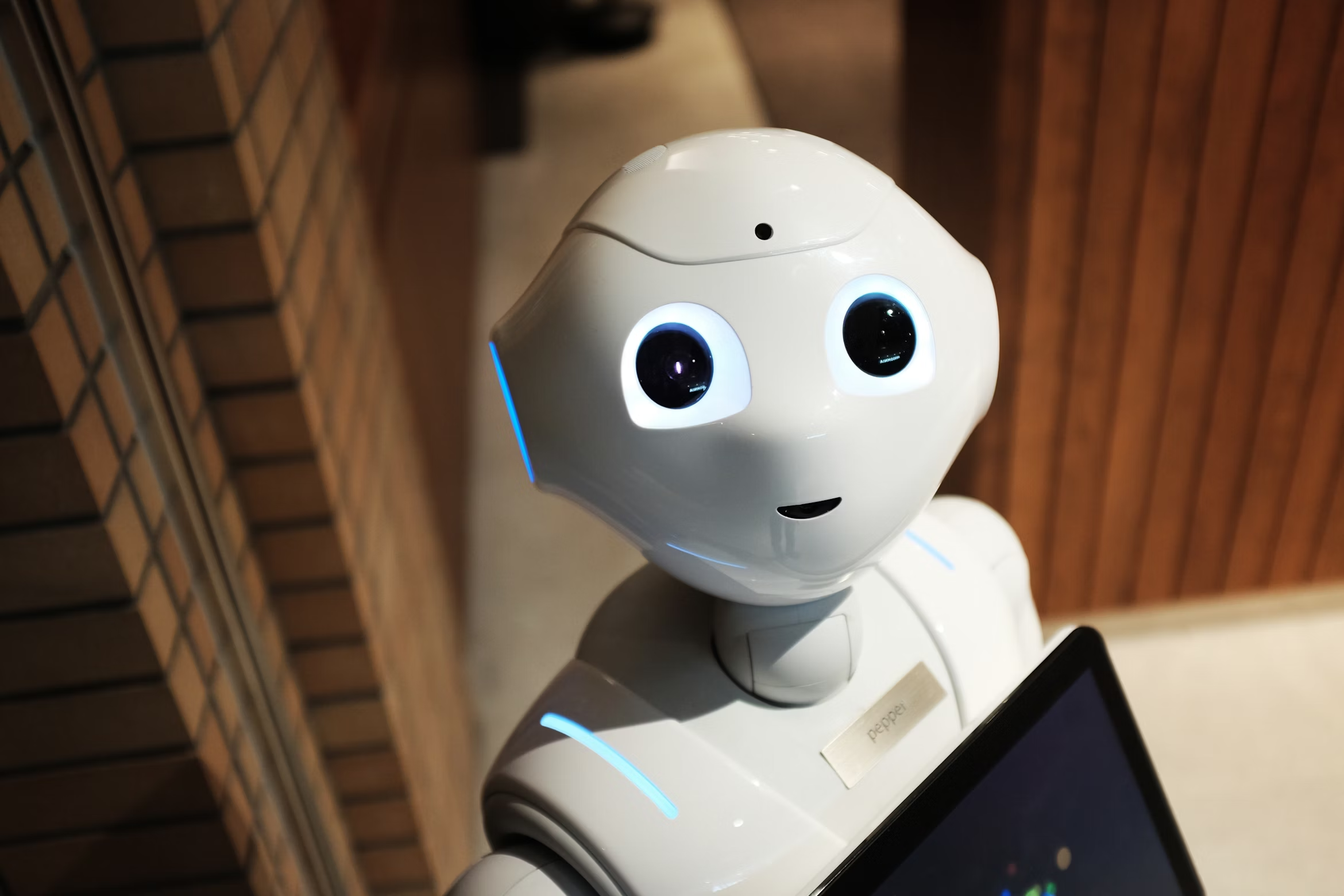
We asked DeepSeek for its views on the rapid pace of automation in the restaurant industry. It thought for about 21 seconds and then had the following to say. What do you think? Tell us in the comments.
______________________________________________________________________________
The rapid pace of automation in the restaurant industry is neither universally "good" nor "bad"—it’s a double-edged sword with transformative benefits and significant ethical, social, and economic trade-offs. Whether it’s a net positive depends on who you are, where you live, and how the transition is managed. Here’s a nuanced breakdown:
The Case for "Good"
- Efficiency & Scalability:
Automation solves critical pain points: labor shortages (e.g., Japan’s aging workforce), rising wages, and demand for faster service. AI-driven kitchens and ghost kitchens enable businesses to scale without proportional increases in human labor.
Example: Chipotle’s AI-powered "Chippy" robot ensures perfectly consistent tortilla chips, freeing staff for customer-facing tasks.
- Consistency & Quality Control:
Robots and AI reduce human error, ensuring food safety and uniformity (critical for chains like McDonald’s). Customers get the same experience whether ordering in New York or Tokyo.
- Sustainability:
AI tools like Winnow cut food waste by 50% in some kitchens, while blockchain traceability (e.g., IBM Food Trust) promotes ethical sourcing. Ghost kitchens optimize delivery routes, lowering carbon footprints.
- New Opportunities:
Tech creates high-skilled jobs (robot maintenance, data analysts, UX designers for apps). Small vendors can launch virtual brands with minimal overhead via platforms like CloudKitchens.
The Case for "Problematic"
- Job Displacement & Inequality:
Low-skilled workers (cashiers, dishwashers, delivery drivers) face the greatest risk. In the U.S., the Bureau of Labor Statistics predicts a 15% decline in cashier roles by 2030.
Gig Economy Exploitation: Delivery apps like DoorDash thrive on algorithm-driven "gamification," pressuring workers to prioritize speed over safety.
- Erosion of Human Connection:
Dining out becomes transactional, not social. A robot can’t replicate the warmth of a server remembering your favorite dish. For instance, in Japan, some diners lament the loss of omotenashi (traditional hospitality) in automated sushi chains.
- Concentration of Power:
Large chains and tech vendors (e.g., Toast, Uber Eats) dominate, while small, independent restaurants struggle to afford automation tools.
Dynamic pricing algorithms may squeeze customers during peak hours, worsening affordability.
- Dependence on Fragile Systems:
Tech outages (e.g., POS crashes, delivery app failures) can paralyze operations. Cybersecurity risks grow as restaurants collect more customer data.
The Verdict: A Net Positive—But Only If...
Automation is inevitable and offers clear benefits, but its societal impact hinges on proactive governance and ethical implementation:
For Workers:
Governments and businesses must fund upskilling programs (e.g., Singapore’s SkillsFuture) to transition displaced workers into tech roles. Unions could negotiate "automation clauses" to protect jobs.
For Equity:
Subsidies or grants could help small restaurants adopt tech (e.g., EU’s digital innovation funds). Regulate dynamic pricing to prevent exploitation.
For Culture:
Hybrid models (e.g., human staff + robots at Eatsa or Spyce) preserve hospitality while boosting efficiency.
Final Thought
Automation is a tool—not a destiny. [We like this. Very profound]
Its value depends on whether we prioritize profit alone or use it to build a more efficient, equitable, and humane industry. Where automation aligns with cultural pragmatism and labor realities, it’s largely embraced. When it's unchecked, automation risks deepening inequality. The answer? Balance. Let robots flip burgers, but let humans craft the experience.



